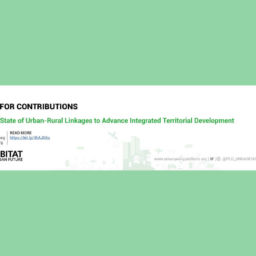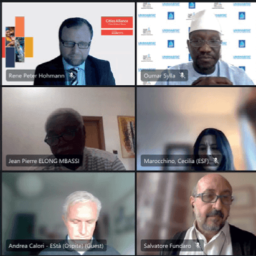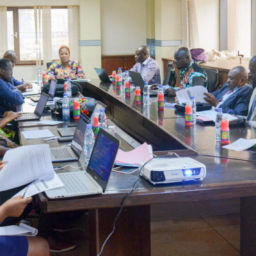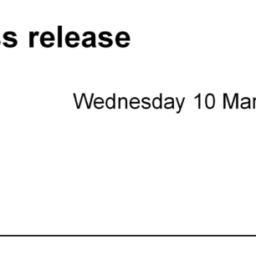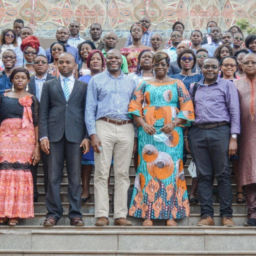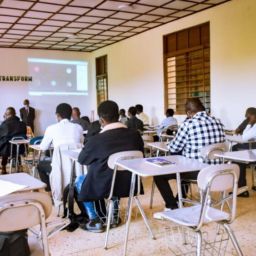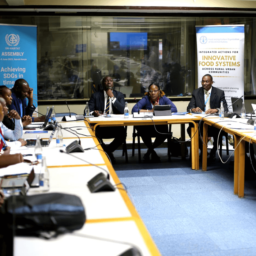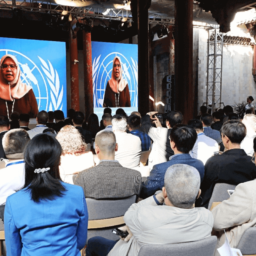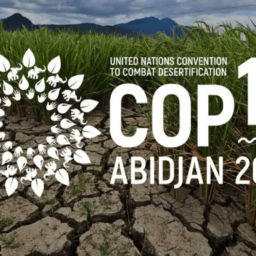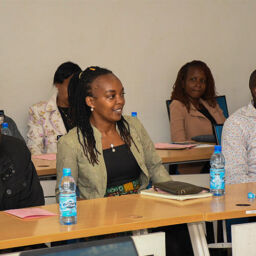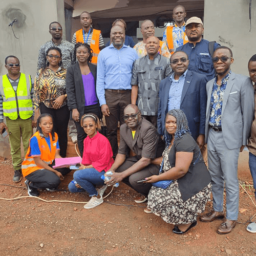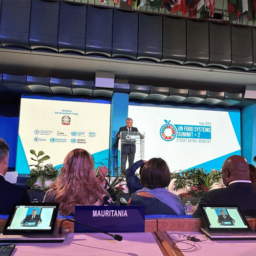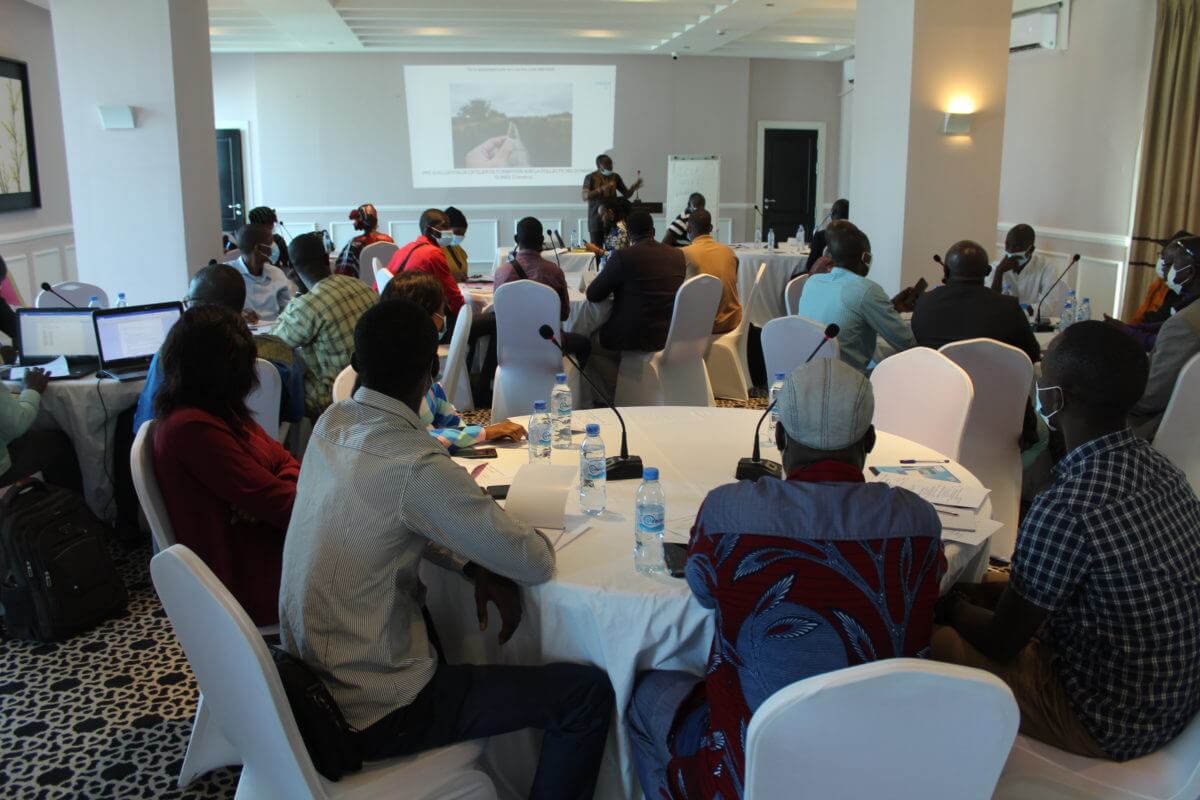
Conakry, 17/18 November 2021
Strengthening Urban Rural Linkages in Guinea: Capacity Building Workshop
Guinea is one of the four countries benefiting from the implementation of the United Nations Development Account (UNDA)-funded programme on urban rural linkages (URL). As in the other three countries, it is a question of ensuring that the themes and issues related to URL are considered during the formulation / development of urban policies and strategies according to the priorities of Guinea.
Capacity building is a key pillar in the programme to strengthen urban-rural linkages in selected countries in Africa. On 17 and 18 November, UN-Habitat (Guinea Country Office and Policy, Legislation and Governance Section) in collaboration with the Directorate of Spatial Planning and Town Planning (DATU) of the Ministry of Town Planning, Housing and Territorial Planning (MUHAT), held a capacity building workshop on data collection. This workshop was attended by more than 30 participants and supervisors from the Maférinyah pilot area situated 75 km from Conakry. Among the participants were university students and other academia members, and officials from the Ministry of Town Planning, Housing and Territorial Planning (MUHAT) and the National Institute of Statistics.
On Wednesday 17th, the first presentation by Mr. Boubacar Sidighi Diallo, UN-Habitat project officer for the URL project in Guinea, focused on raising awareness on urban-rural linkages, including an overview of URLs foundations and the URL Guinea project. Mr Diallo highlighted the value of taking these relationships into account in developing policies, strategies, and plans. The next presentation made by Ms Grace Githiri, Programme Management Officer at UN-Habitat, demonstrated the tools and methodologies developed by UN-Habitat for data collection in the lens of urban-rural linkages. The two presentations were the subject of fruitful discussions with the participants, which were followed by group work on data collection methodology and tools based on priority areas emerging from the awareness-raising workshop on October 7, 2021, namely infrastructure and transport, basic social services, economic activities, and the environment.
The second day was mainly devoted to the data collection process, including demonstration and simulation of the KoboCollect tool through a presentation by Frederic Happi Mangoua, Programme Management Officer at UN-Habitat. Participants gained insightful knowledge about the tools and equally shared several practical questions, comments and recommendations. The workshop ended with a working session on the deployment plan for field agents for data collection scheduled for November 23 and 24, 2021.
By the end of the workshop participants had learned more about urban rural linkages, were equipped with the technical and methodological tools to ensure the success of data collection and demonstrated interests or even enthusiasm for the content of the workshop. After two days of intense and lively work, Guinea has taken an important step in the implementation of this pilot project on Urban Rural Linkages.


